Out Now
The Resources Issue
Current Issue
The Resources Issue
Feb-Mar 2025
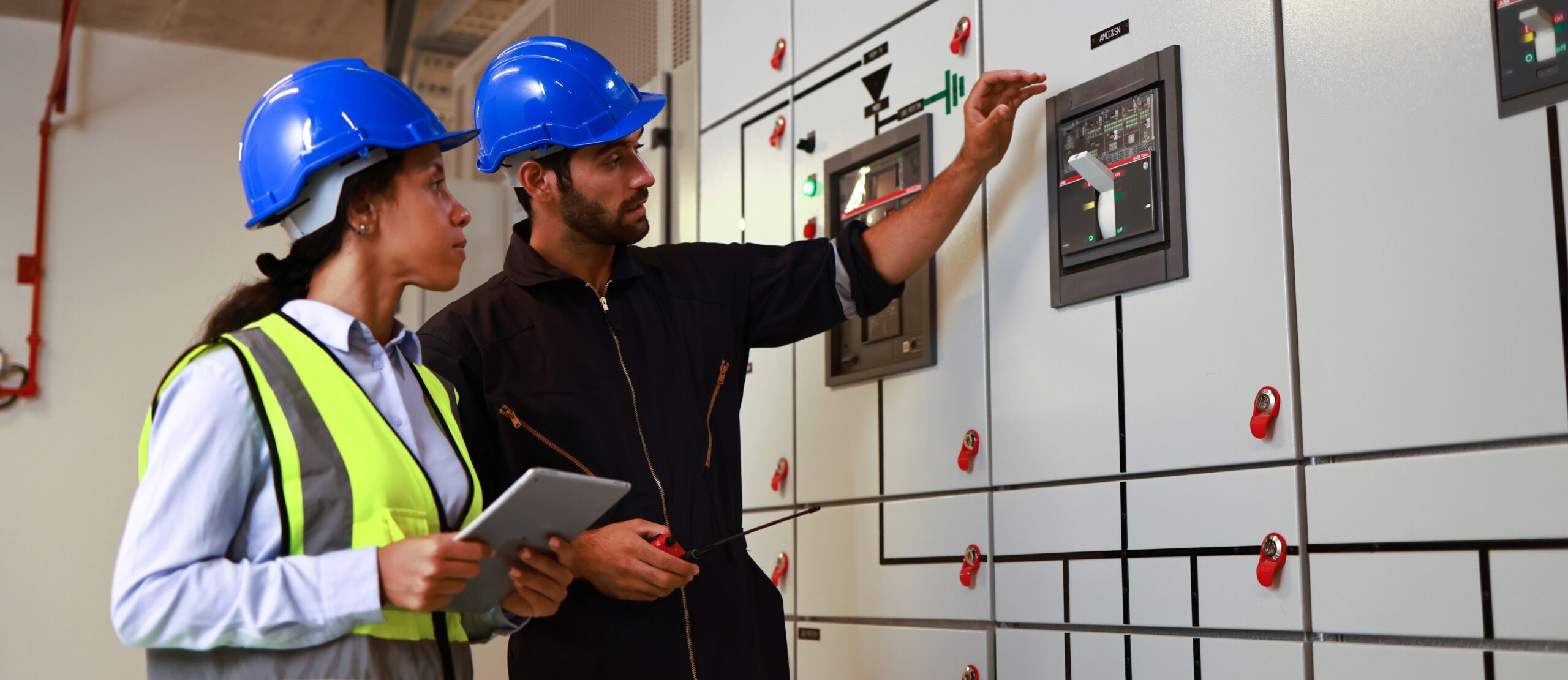
The words we use every day have a massive impact on the people we’re aiming them at. That impact can be positive or negative, determined by the motivation behind them.
But as electrical contractors running our own businesses, what none of us want to do is offend someone accidentally. (If you mean to offend someone – and sometimes it’s necessary to do so – then that’s a whole different thing altogether!)
However, it’s important to know that inclusive language isn’t about being politically correct – it’s about being respectful, accurate and relevant. And in a business environment, it starts from the top.
How we live and work is changing pretty rapidly, and new legislation means there’s an awful lot more for employers to think about these days. A big part of that mix is ensuring your people aren’t being sexually harassed, and that their mental health is looked after too.
Words play a big part here. Just as it’s no longer acceptable to have a topless calendar displayed in the workplace, it’s no longer acceptable to use certain words and phrases.
Some of these are more obvious than others though, and that’s the really tricky thing. Because, while the vast majority of us will understand why we can’t say words such as ‘retard’ and ‘spastic’, which were acceptable in the not-too distant past, there are others that are a bit more nuanced.
According to the Diversity Council of Australia (DCA), studies show that non-inclusive language can contribute to reinforcing and continuing stereotypes, can make applicants find jobs less appealing, can lead to discrimination and can cumulatively be as harmful as more intense but less frequent negative experiences at work, including harassment.
And it’s about more than just how people feel in the here and now. An Australian HR Institute survey found 84% of HR professionals felt that diversity, equity and inclusion were important to their business’s future success. After all, the more inclusive you are as a business, the greater your pool of prospective employees will become.
In order to figure out what we can and can’t say, a big dollop of common sense is needed. In short, if you think someone might be offended by a particular word or phrase, then it’s probably best to choose an alternative.
Ultimately, using inclusive language is designed to do what it says: ensure people feel included, and don’t feel excluded.
The DCA suggests five tips to help ensure your communications at work are inclusive and relevant to your people.
We frequently come across new information, people or ideas that challenge our thinking, and this topic is no different. It’s always good to be open to learning and understanding more!
Person-first language is encouraged in Australia, as it helps avoid labelling someone. For example, rather than ‘disabled employees’, we’d say ‘employees with disabilities’.
The DCA advises putting the person first and to only refer to age, cultural background or gender if it’s absolutely relevant. For example, rather than saying: “It’s great having Jenny Lui in the team as Asian people are so good with numbers,” say, “It’s great having Jenny Lui in the team as she has great accountancy skills.”
Language you might use outside of work can be inappropriate at work. This is a difficult one if you work with some of your mates, but it’s important to remember!
This isn’t something that anyone has all the answers about, and no one expects you to get it right all the time. Be conscious of it, and if you’re not sure, ask someone who knows. Google is your friend.
We all have unconscious biases and this means that, sometimes, we can say things that exclude people when we don’t intend to. If someone takes offence, don’t go on the defensive or try to justify your words; instead, ask them what it was that’s caused any offence.
As an electrical contractor with a team of people, it’s your responsibility to make sure your people are speaking to each other, and customers, in the right way. It’s important you do this whenever you hear it – small steps create cultural change. When you do so, keep it simple (‘Do you really think that?’) and avoid labelling someone as, for example, racist.
Instead, tackle it with sentences beginning like, “I’m sure you didn’t mean to suggest that…” or, “Perhaps you’ve not thought about this before, but…”
As the old saying goes, what you permit, you promote.
Keep up to date with our latest news and competitions by subscribing to our regular newsletter.

Issue 184
DEC 24 - JAN 25

Issue 183
OCT - NOV 2024

Issue 182
AUG - SEPT 2024

Issue 181
JUN - JUL 2024

Issue 180
APR - MAY 2024

Issue 179
FEB - MARCH 2024

Issue 178
DEC 2023 - JAN 2024
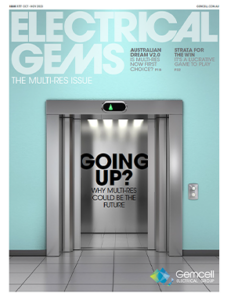
Issue 177
OCT - NOV 2023

Issue 176
AUG - SEPT 2023

Issue 175
JUN - JUL 2023

Issue 174
APR - MAY 2023

Issue 173
FEB - MAR 2023

Issue 172
DEC 2022 - JAN 2023
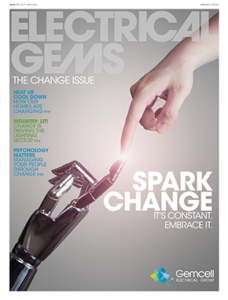
Issue 171
OCT - NOV 2022

Issue 170
AUG - SEPT 2022

Issue 169
JUN - JUL 2022

Issue 168
APR - MAY 2022
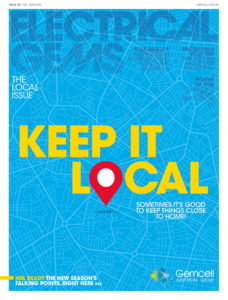
Issue 167
FEB - MAR 2022

Issue 166
DEC 2021 - JAN 2022

Issue 165
OCT - NOV 2021

Issue 164
AUG - SEPT 2021
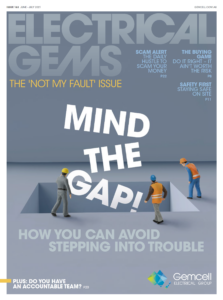
Issue 163
JUN - JUL 2021
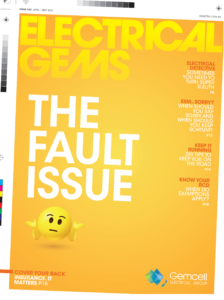
Issue 162
APR - MAY 2021

Issue 161
FEB - MAR 2021

Issue 160
DEC 2020 - JAN 2021

Issue 159
OCT - NOV 2020

Issue 158
AUG - SEPT 2020
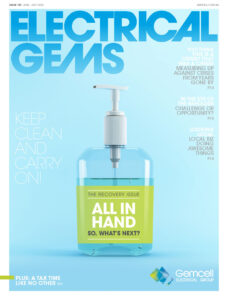
Issue 157
JUN - JUL 2022

Issue 156
APR - MAY 2020
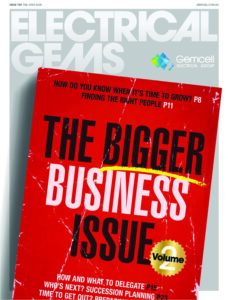
Issue 155
FEB - MAR 2020

Issue 154
DEC 2019 - JAN 2020

Issue 153
OCT - NOV 2019
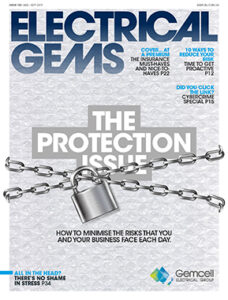
Issue 152
AUG - SEPT 2019

Issue 151
JUN - JUL 2019

Issue 150
APR - MAY 2019

Issue 149
FEB - MAR 2019
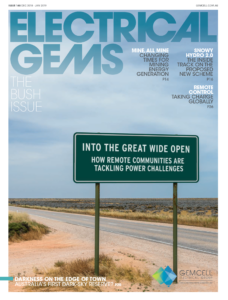
Issue 148
DEC 2018 - JAN 2019

Issue 147
OCT - NOV 2018

Issue 146
AUG - SEPT 2018

Issue 145
JUN - JUL 2018

Issue 144
APR - MAY 2018
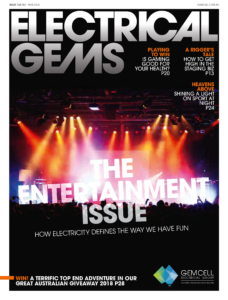
Issue 143
FEB - MAR 2018

Issue 142
DEC 2016 - JAN 2017

Issue 141
OCT- NOV 2017

Issue 140
AUG - SEPT 2017

Issue 139
JUN - JUL 2017
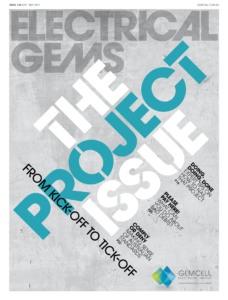
Issue 138
APR - MAY 2017

Issue 137
FEB - MAR 2017

Issue 136
DEC 2016 - JAN 2017

Issue 135
OCT - NOV 2017

Issue 134
AUG - SEPT 2016

Issue 133
JUN - JUL 2016
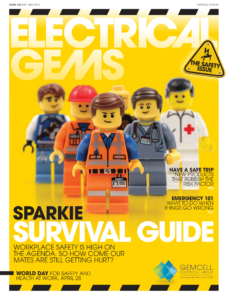
Issue 132
APR - MAY 2016

Issue 131
FEB - MAR 2016

Issue 130
DEC 2015 - JAN 2016

Issue 129
OCT - NOV 2015

Issue 128
AUG - SEPT 2015

Issue 127
JUN - JUL 2015

Issue 125
APR - MAY 2015

Issue 125
FEB - MAR 2015

Issue 124
DEC 2014 - JAN 2015

Issue 123
OCT - NOV 2014

Issue 122
AUG - SEPT 2014

Issue 121
JUN - JUL 2014

Issue 120
APR - MAY 2014

Issue 119
FEB - MAR 2014
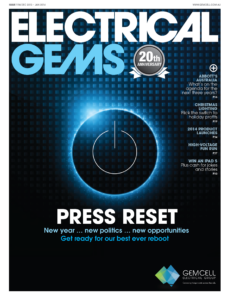
Issue 118
DEC 2013 - JAN 2014

Issue 117
OCT - NOV 2013
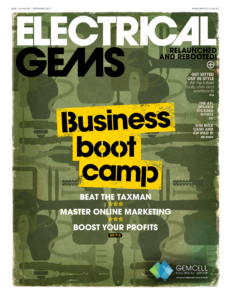
Issue 116
AUG - SEPT 2013

Comments (0)
Write a Comment